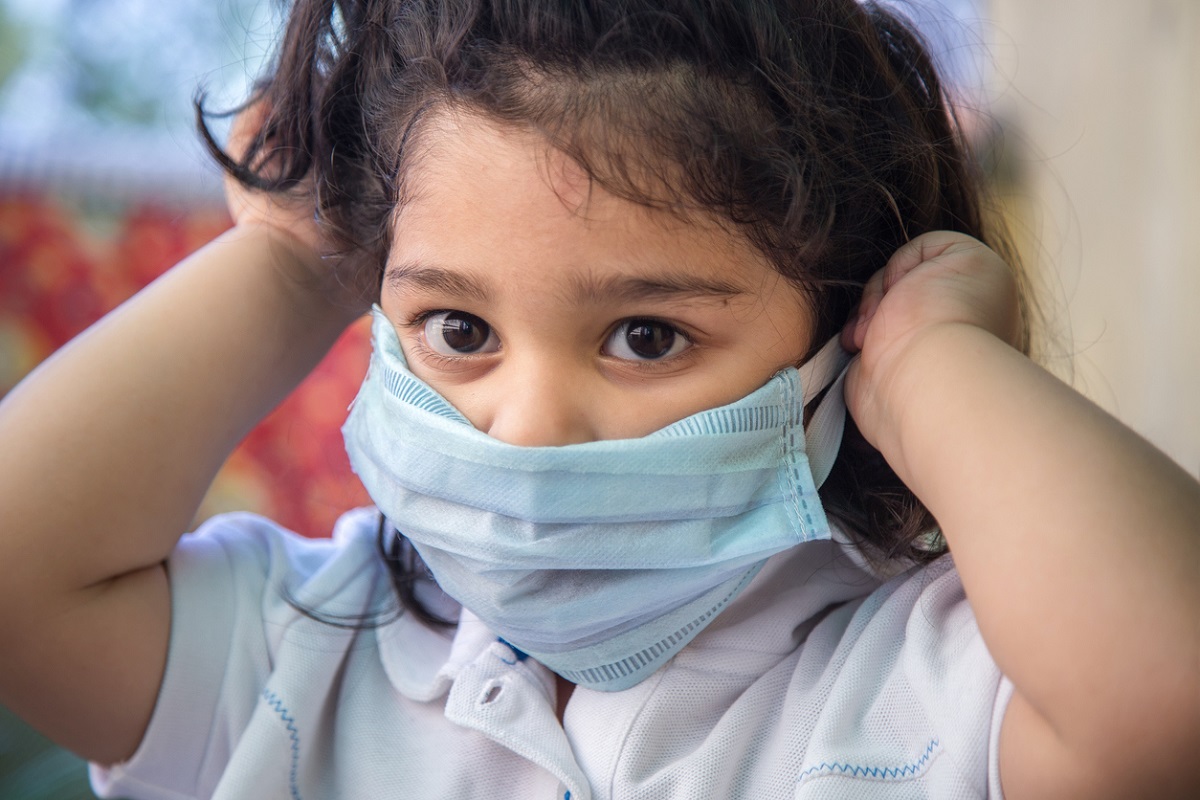Still unexplained
The hunt for the origins of Covid-19 has for the past four years been a tangled web of politics, power struggles, and international finger-pointing.
“Lack of peer interaction led to boredom, irritability, aggressiveness and many other behavioral, emotional and psychological problems”. DR. ASHISH SAHANI, a Developmental Pediatrician

(Representational Image: iStock)
What are the major health challenges to children post Covid 19 pandemic?
The pandemic has changed lives and lifestyles. Children, being in their formative years, have been the worst hit. With virtually no physical activity due to prolonged lock downs obesity increased manifold among children, besides the other challenges of joint pains, poor posture, irregular sleep patterns. Mental health among children has taken a hit due to lack of or poor socializing. Lack of peer interaction led to boredom, irritability, aggressiveness and many other behavioral, emotional and psychological problems. The biggest menace however, has been the increased screen time. With studies going digital, this became a necessary evil. Digital games and extended hours on social media played havoc on mental health and behavioral patterns.
Advertisement
How important is mental health in these times and how the medical world is helping in this domain?
Mental health is a crucial pillar of health. In India age-old practice of yoga, meditation, pranayama, et cetera bear witness to the importance given to mental health. But mental health has become paramount in current times due to breakdown of family structures, rise in single parents, increased social-media usage and screen time, rise in competition etc and also due to situations post the pandemic which have aggravated the mental health issues.
In a country like India, where going to a ‘shrink’ was considered taboo at one time, psychiatrists and psychologists have seen a spurt in the number of patients. This is also why more professionals are now specialising in the mental health domain. Interestingly Tier 1 and Tier II cities have seen more therapy centers spring-up.
Awareness of pediatric mental health has led to early and better diagnosis of conditions like Autism, Dyslexia, ADHD et cetera. Advancement in drugs for treatment of mental diseases like ADHD, seizures, depression, OCD has taken a quantum leap in the past two decades. We now have drugs which are better in-patient management with few side effects. Research is still going on for better drugs and better drug-delivery systems like patches, 24-hour delivery drugs, etc.
How much you think the fitness and health of parents is important to ensure the wholesome development in children?
Just like a healthy mind resides in a healthy body, health of children depends, to a large extent, on their parents. Parents being their role models’ younger children tend to emulate them. Parents’ good health, lifestyle and exercising habits leave a lasting impression on kids. One should not eat junk food three to four times a week. A well-disciplined life of a child-as instilled by his parents, ensures a life that is happier and healthier. Simple examples would be like early to bed and early to rise; if parents follow this, children will follow the suit. Parents have to lead by example by cutting down on screen time themselves first and taking out more time to interact with their children, then only can they expect their children to do the same.
Specially- abled children face a number of challenges. With the advancement in science and medicine, what do you feel are the major milestones achieved?
Since the last decade or so, major focus of science and technology has been on specially-abled children. Genetics is leading at the forefront, when it comes to therapy. Gene therapy is a quantum leap in the management of diseases that could have led to increased morbidity and early death, else wise. There is an ever-increasing effort to increase the modalities for screening in-utero: Amniocentesis, NIPT (Non-Invasive Prenatal Testing), FISH, Microarray and many others, with the objective of diagnosing diseases, as early as possible, right after birth or preferably in-utero. Another recent breakthrough has been in the use of stem-cell therapy as treatment for various diseases, which would have, otherwise, a crippling effect on human life.
Any learning from your professional journey that you wish to share with the readers?
As a professional, what we need to have is empathy and a connect with kids we treat, and their parents. These two qualities are very important to inculcate in order to make the life of parents of special children a little easy. As professionals we might be busy but building bridges with families of kids helps a great deal in creating confidence thereby helps in collective decision making for the good of the child.
Another positive change I have seen in our treatment is that parents now are more aware of a medical challenge or disease; they come well prepared and this helps us look after the needs of special children even better. Sharing of knowledge helps secure adequate care for them.
Advertisement